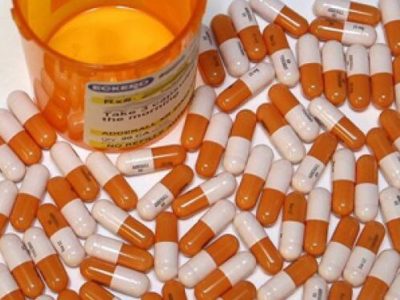Finals week is one of the most dangerous times in a college student’s career. The combination of little to no sleep, a poor diet with little exercise, and the insurmountable amount of pressure and stress can drive students to do drastic things for the sake of a focused and prepared hell week.
During this time, many students turn to Adderall. It is one of the most highly used drugs on college campuses, but it is usually not prescribed and misused by students.
Used primarily as an ADHD remedy, Adderall is a combination of stimulants that increase the ability to pay attention, stay focused, and control behavior problems. This little pill seems like it would be a miracle worker for college students who are tight on time, and according to the National Survey on Drug Use and Health put out by the federal government, college students aged 18-22 were twice as likely to abuse Adderall than non-students from the same age group.
Even though it is a cheap option to gain a laser focus for hours at a time, it is a schedule II medication with a high risk of abuse and dependence. This addiction is similar to a cocaine addiction because of the stimulants in the medicine, and other risks include sudden death, stroke, heart attack, and overly aggressive behavior.
Many college students will get involved with this “study drug” out of desperation, peer pressure, or curiosity, and students get hooked on the cognitive enhancement they receive from this drug. They find that the hours fly by as piles of homework disappear, papers are written and books are read.
Many students assume that because they know a lot of people that use it, it can’t be that risky and they take the chance of using it with high frequency. With our cutthroat society today of having a winner-take-all, “best of the best” attitude, it is easy to use this secret crutch to give one an edge, especially for the students attending prestigious universities.
However, even with this edge there are consequences to take into account that stem from chronic high doses of amphetamine that are sometimes irreversible.
There is also some variance of the actual effects of the drug because in some cases stimulants have a leveling effect rather than a dominating one, which allows students who may be struggling in a certain area catch up to their peers rather than totally surpass them. However, more frequently, it would be an overachiever—especially a caffeine-wired, sleep-lacking college student— that would seek further enhancement through drugs.
Even with the serious outcomes of abusing this drug in a recreational way, it causes controversy as to the level of “achievement” that a person can naturally achieve.
Image: Fox News



















